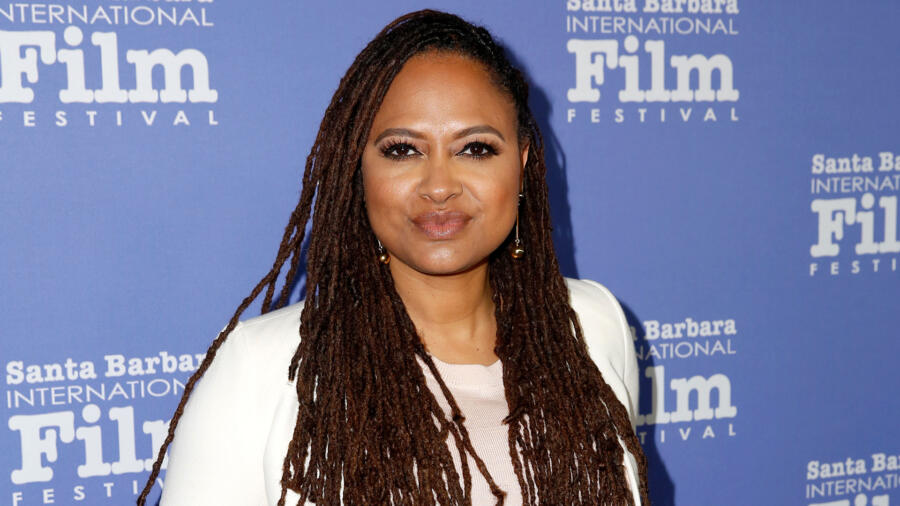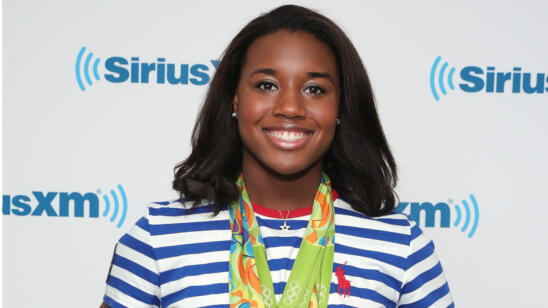When Ava DuVernay snagged a prestigious internship with the “CBS Evening News,” she thought it was her big break. But digging through the trash of O.J. Simpson trial jurors wasn’t quite what the budding journalist had in mind.
“They had me digging through trash cans! I was like, ‘No! Mama didn’t raise me to be digging through nobody’s trash can, no,’” she explained to NYMag.
DuVernay left journalism to pursue film instead. It might have seemed like a setback at the time, but her career move would turn out to be historic.
Roger Ebert called “I Will Follow,” DuVernay’s feature film debut, “one of the best films I’ve seen about coming to terms with the death of a loved one.” Duvernay went on to become the first black woman to win an Oscar for Best Director for her second feature film, “Middle of Nowhere,” in 2012.
But it was her work in “Selma” that would turn the filmmaker into a household name.
DuVernay wanted to bring Martin Luther King’s historic march from Selma to Montgomery to life and give the story of racial injustice more narrative power. “You can’t lock it away in a history book anymore,” she cautioned.
For DuVernay, telling the story of Selma was personal. A California native, DuVernay spent summers in her father’s hometown right outside of Selma in Lowndes County, AL.
“There was no one protecting anyone out here,” she told CBS. “Someone comes and burns a cross on your lawn. You can’t call the police cause it was the police.”
For her work in “Selma,” DuVernay became the first black female director nominated for a Golden Globe. She also became the first black female director to have her film nominated for the Academy Award for Best Picture.
While “Selma” did not win the Academy Award, DuVernay’s work sparked a dialogue on diversity in film. Women and people of color are notoriously underrepresented in the film industry, a problem DuVernay sees as systematic.
“It’s a system that’s been set up in a certain way,” she told Democracy Now! “Times have changed, ideas have matured, and the system might not have caught up with that or stayed up with that.”
A fierce advocate for diversity, DuVernay sees diversity in her own editorial teams as a priority. “I try to use whatever bandwidth I have to bring more people into the space,” she said. “To make sure there are all-women directors, a majority-people-of-color writers’ room, majority-women editorial team, very deep bench of crew.”
In 2015, DuVernay achieved a different kind of representation. As part of their Sheroes collection, Mattel released an Ava DuVernay Barbie doll. Wearing the director’s trademark sneakers and long dreadlocks, Barbie DuVernay sits in her own little director’s chair.


